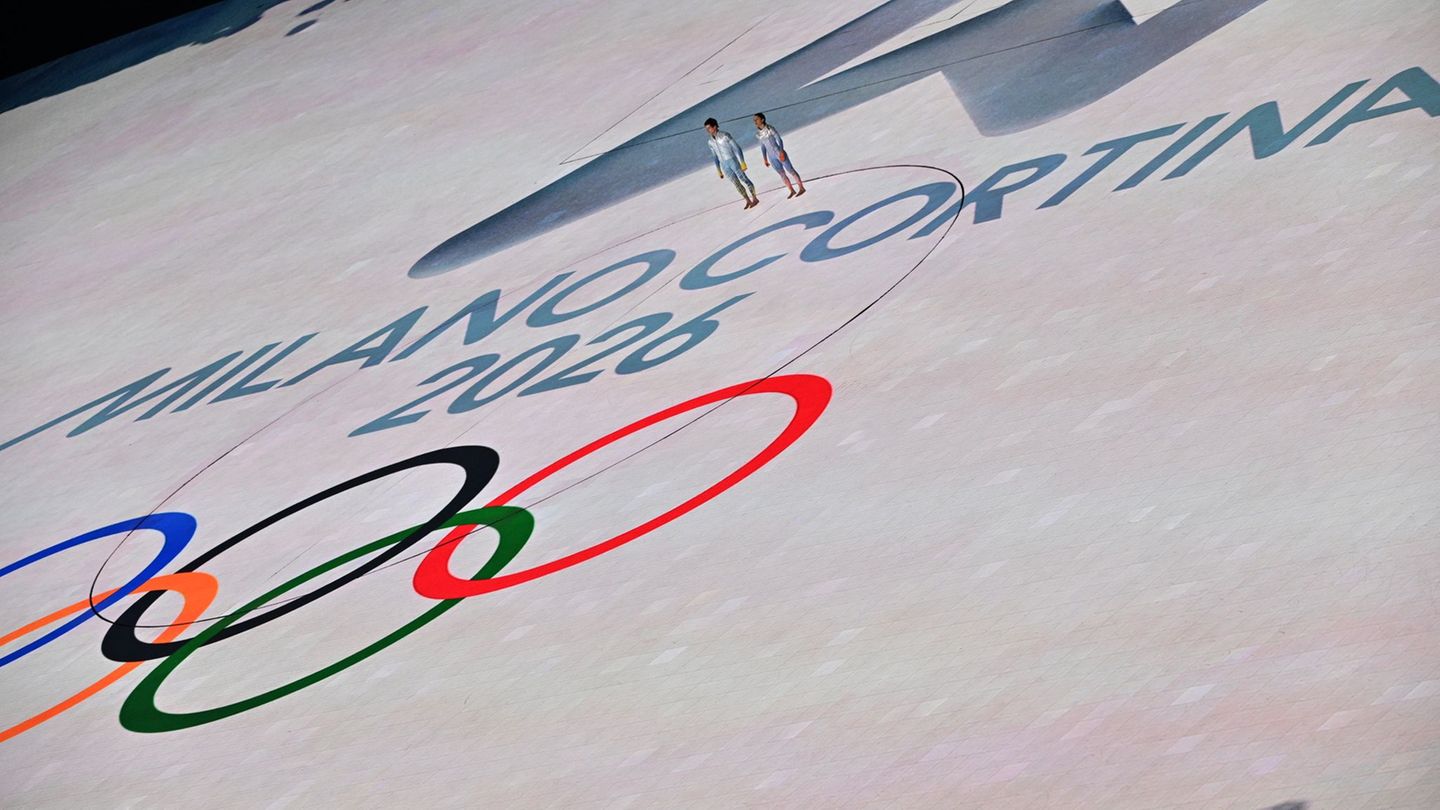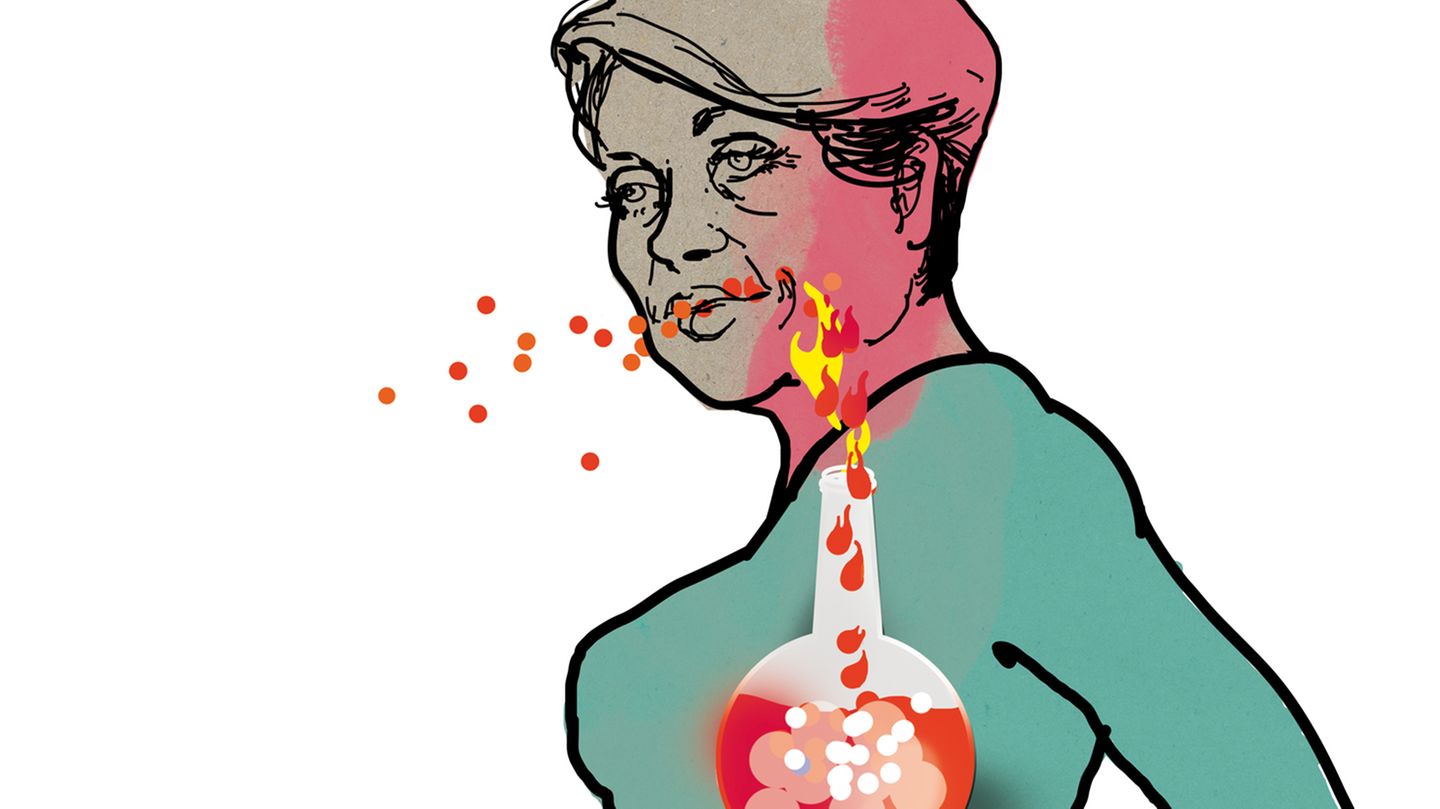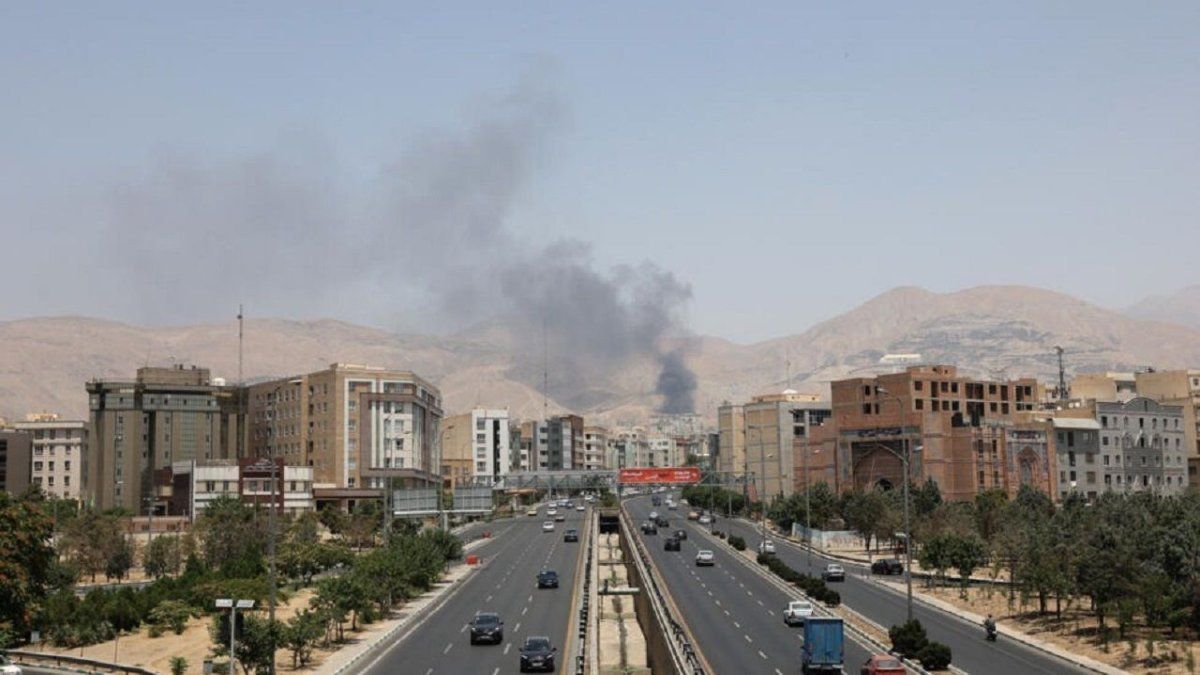“In view of all the uncertainties that the beginning of the current decade brings with it, one thing is clear: we are witnessing the end of an era of cheap raw materials,” said Benedikt Sobotka, head of the Luxembourg resource group Eurasian Resources Group (ERG).
“Unprecedented price increase”
“The effects of the pandemic are being exacerbated by the conflict.” The international sanctions are contributing to an unprecedented rise in prices, Sobotka said.
The cost of wheat, fertilizer, crude oil, natural gas, aluminum and copper have all climbed to year-to-date highs and further price volatility is inevitable. “In the coming months, many important elements of our daily life will tend to become more expensive – from bread and coffee to computers and cars to building materials, houses and the way in which we supply our households with electricity,” emphasized the company boss.
According to ERG, it is one of the world’s leading producers of cobalt and copper and one of the most important suppliers of aluminum oxide and iron ore. The group is mainly active in Kazakhstan, Brazil and southern Africa and employs around 75,000 people.
“The raw materials sector is going through what is probably the biggest transformation in years,” said Sobotka. Some changes, while taking longer, are only temporary, such as supply chain issues. Others, however, such as the question of sources of supply or the definition of strategic materials are more fundamental. “It is no longer possible to choose the best customer, the most profitable route or the cheapest material available,” said Sobotka. “These are the costs of improved long-term sustainability and the impact of global geopolitical uncertainty that producers must adapt to.”
Consequences for the automotive industry
The fighting would have concrete consequences for car manufacturers, for example, since Ukraine was an important supplier. Russia is central to many metals such as nickel, which is important for batteries, and aluminum, which is needed for things like bodywork and wheels, as well as palladium and platinum, which are critical components in vehicle exhaust systems.
In the case of copper and cobalt, the existing supply pressure has been intensified, especially since global stocks are low. Even before the war began, experts predicted a copper deficit. The industry expert said that higher demand from the switch to renewable energies and e-mobility will continue to drive prices for copper and cobalt.
Source: Nachrichten




